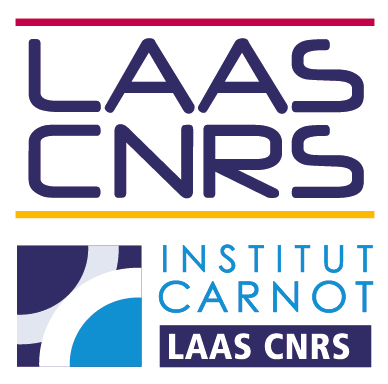Thrombin detection in murine plasma using engineered fluorescence resonance energy transfer aptadimers
Abstract
Biodetection strategies, in which two sides of one target protein are targeted simultaneously, have been shown to increase specificity, selectivity, and affinity, and it has been suggested that they constitute excellent candidates for protein sensing in complex media. In this study we propose a method to engineer the sequence of a DNA construct dedicated to reversible thrombin detection. This construct, called Fluorescence Resonance Energy Transfer (FRET) aptadimer, is assembled with two aptamers, which target different epitopes of thrombin, interconnected with a DNA linker that contains a FRET couple and a reversible double helix stem. In the absence of target, the stem is stable maintaining a FRET couple in close proximity, and fluorescence is unquenched upon thrombin addition due to the dehybridization of the stem. We define design rules for the conception of FRET aptadimers, and develop a software to optimize their functionality. One engineered FRET aptadimer sequence is subsequently characterized experimentally by temperature scanning fluorimetry, demonstrating the relevance of our technology for thrombin sensing in bulk and diluted murine plasma.
| Origin | Publisher files allowed on an open archive |
|---|
Loading...

